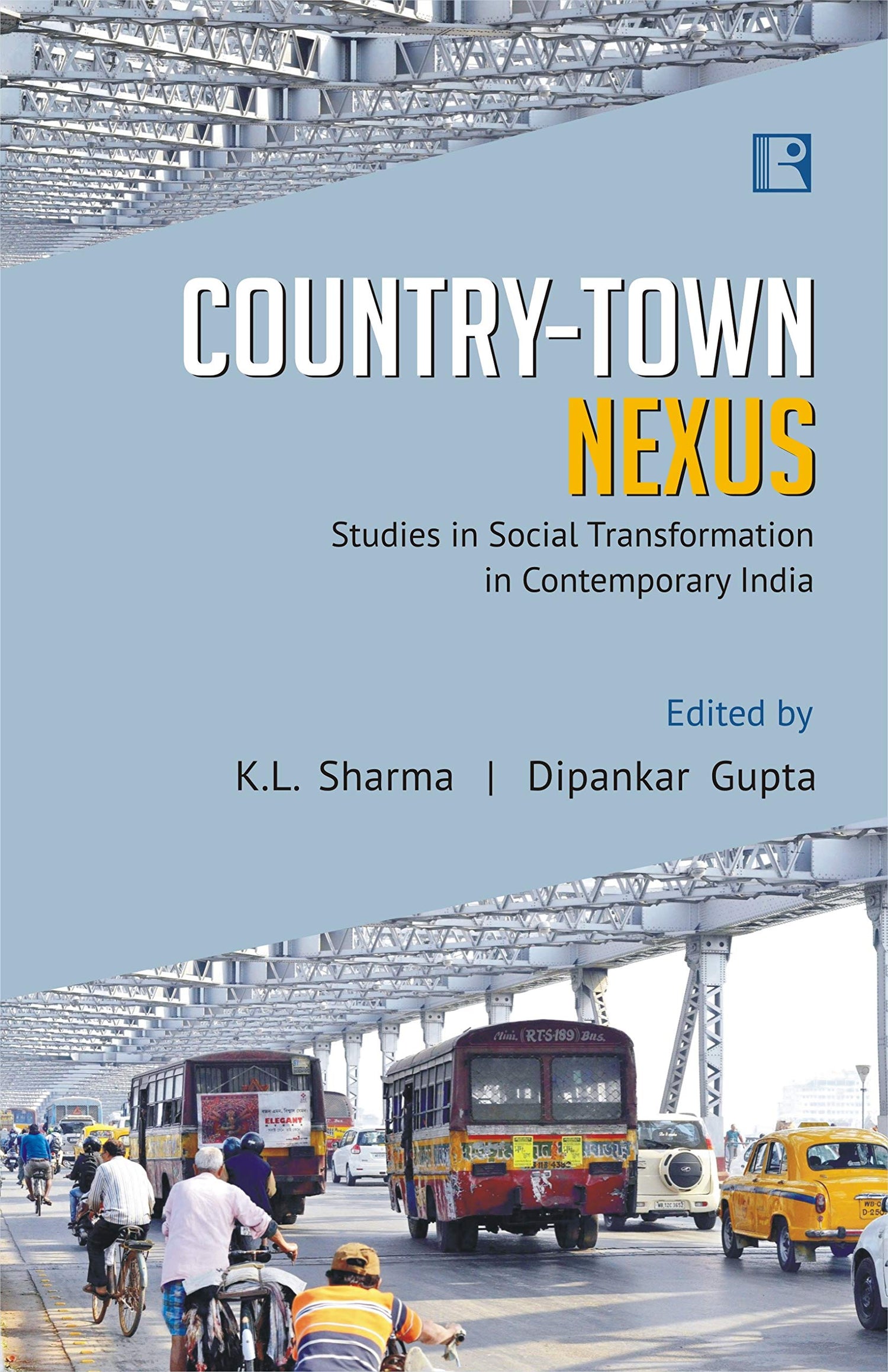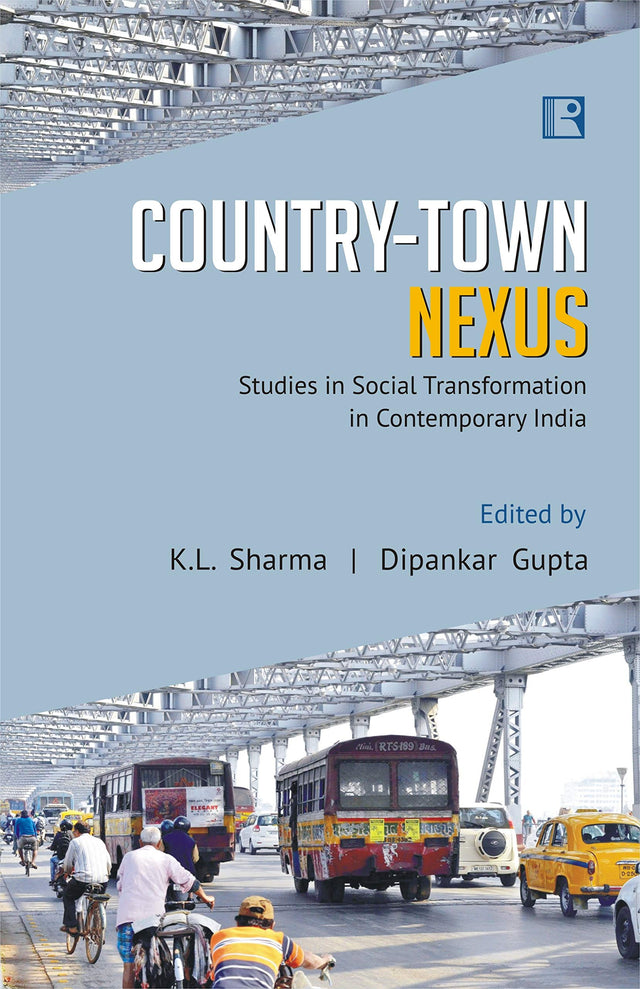Country-Town Nexus (Studies in Social Transformation in Contemporary India)
Country-Town Nexus (Studies in Social Transformation in Contemporary India) is backordered and will ship as soon as it is back in stock.
Couldn't load pickup availability
Genuine Products Guarantee
Genuine Products Guarantee
We guarantee 100% genuine products, and if proven otherwise, we will compensate you with 10 times the product's cost.
Delivery and Shipping
Delivery and Shipping
Products are generally ready for dispatch within 1 day and typically reach you in 3 to 5 days.
Book Details
-
Author: K. L. Sharma
-
Publisher: Rawat Publications
-
Language: English
-
Edition: 1991
-
ISBN: 8170330998
-
Cover: Hardcover
-
Dimensions: 8.9 x 5.9 x 0.9 inches
-
Release Date: 01-05-1992
About the Book
Country-Town Nexus (Studies in Social Transformation in Contemporary India) by K. L. Sharma presents a compelling collection of essays—conceptual, empirical, and integrative—that argue for the recognition of the “country-town nexus” as a distinct sociological category.
Unlike conventional frameworks such as “modernization” or “rural-urban interaction,” the “country-town nexus” concept views the town and countryside as mutually dependent and deeply interconnected. This approach acknowledges that their interaction is often filled with contradictions, affecting various social classes in different ways. By moving away from the modernization paradigm, which tends to focus on its perceived benefits while overlooking tensions and conflicts, this perspective offers a more nuanced understanding of social transformation.
The book aspires to transcend the limitations of existing theoretical models, replacing them with a more inclusive framework that captures both cooperation and conflict between rural and urban spaces. It is an essential resource for sociologists, development scholars, and anyone interested in the complexities of India’s socio-economic and cultural transformations.
Authored by K. L. Sharma, Professor of Sociology at Jawaharlal Nehru University, with contributions from leading scholars like Dipankar Gupta, this work stands as a significant academic contribution to the study of contemporary Indian society.





